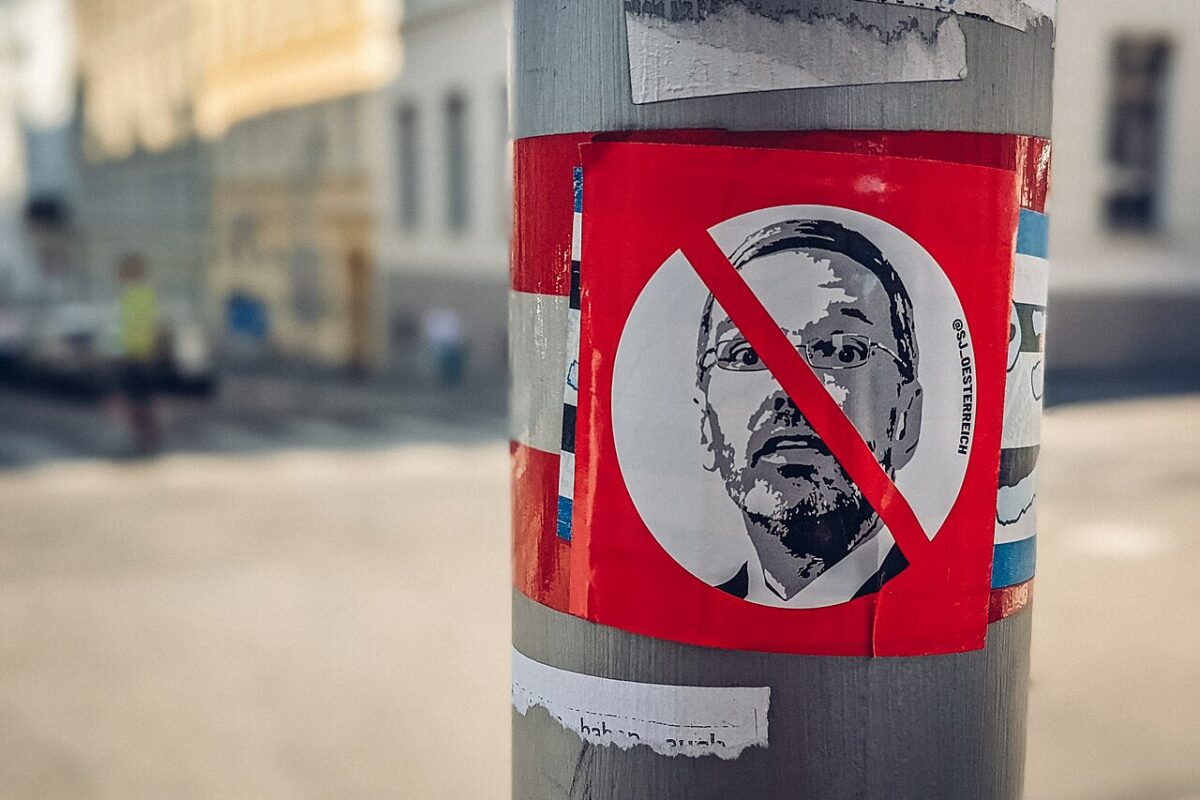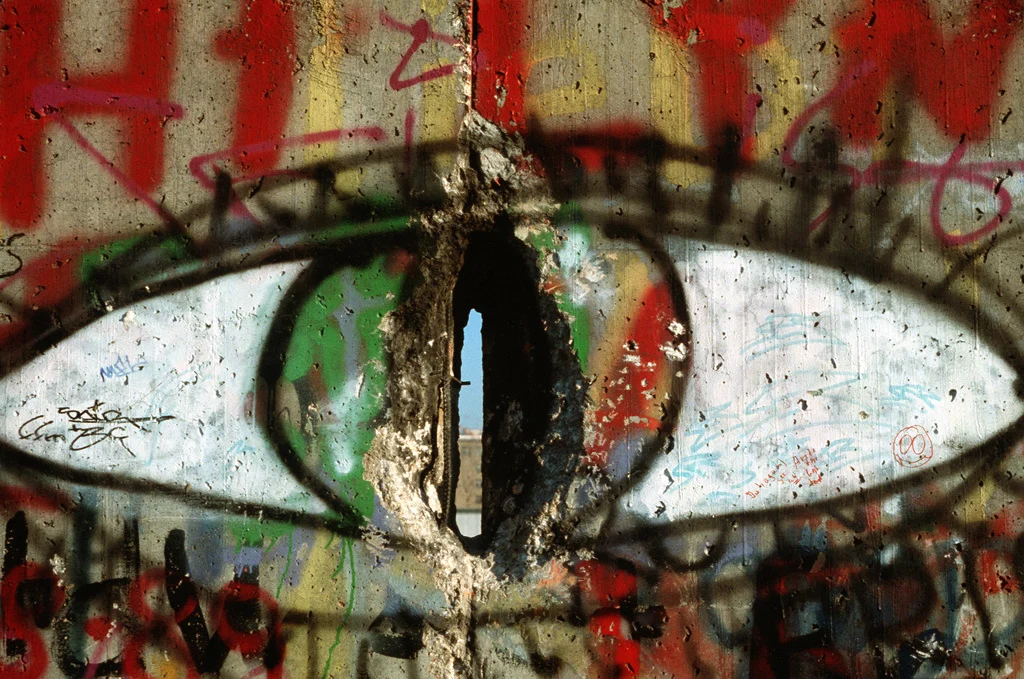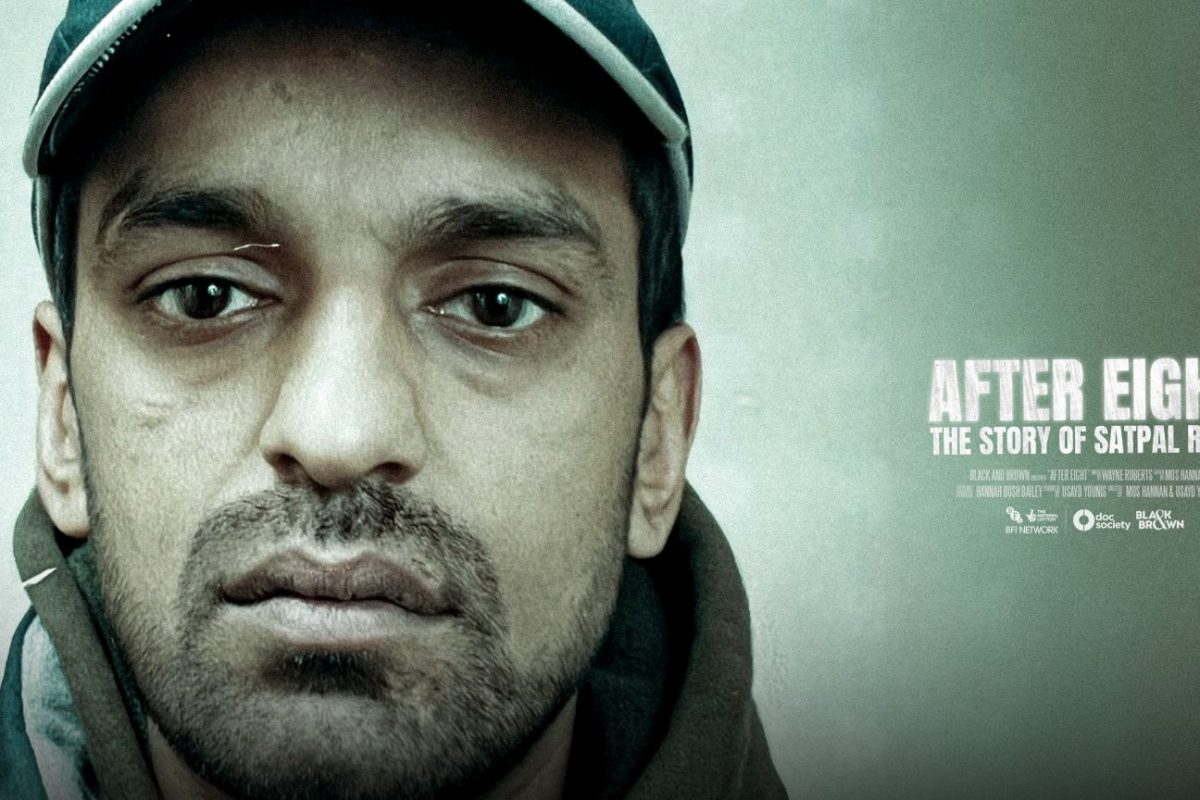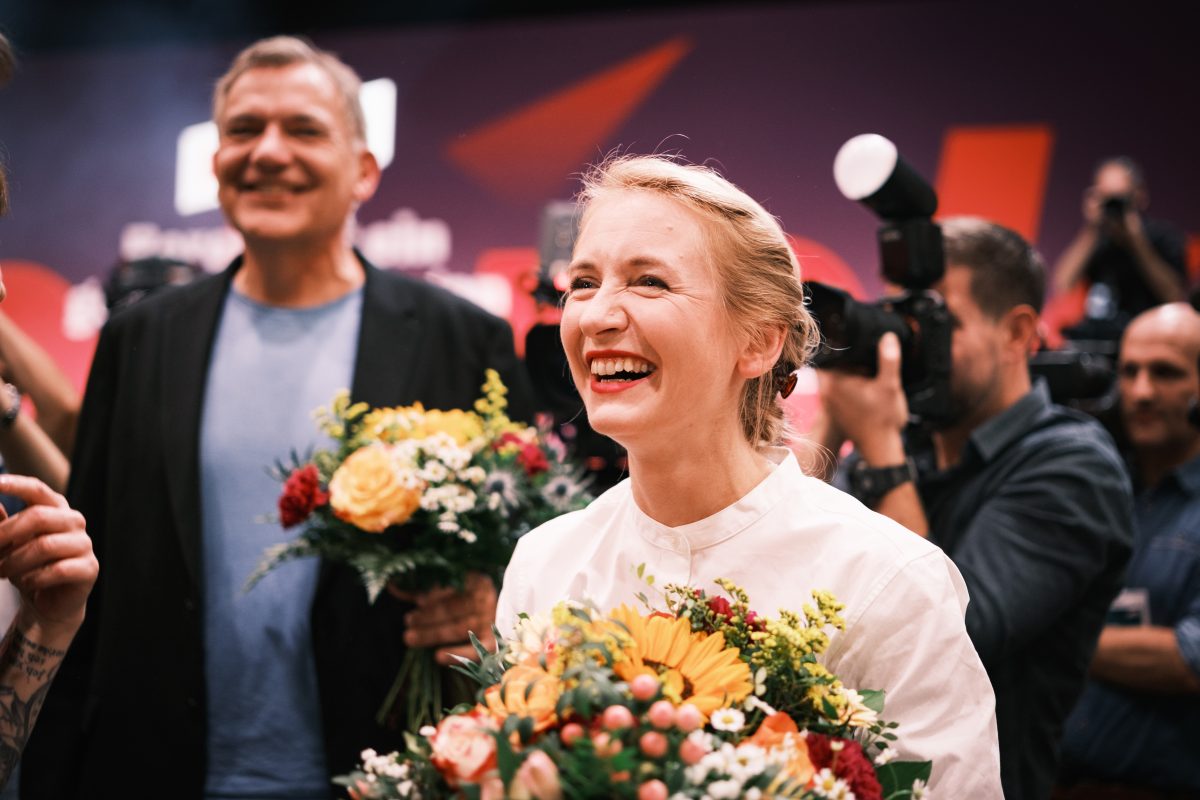2024 is the year of the dragon. It is also the long year of elections, with elections being held in 72 countries and 3.7 billion people eligible to participate in them. That makes it the most electorally significant year in human history. The dragon of democracy is raining its cleansing fires on us all; people and planet are melting in the crucible. What pours out remains to be seen.
The grand prix of elections will be held in the United States in November, but this Sunday we will have to sustain our thirst for democracy with the dour drops of bile pouring out of the Danubian republic of Austria.
The old joke is that Austria’s greatest achievement was to convince the world that Hitler was German and that Beethoven was Austrian. Today, walking in a gift shop in Austria, you can find souvenirs saying “No kangaroos in Austria”. Clearly, they have taken the loss of empire better than their perpetually sore neighbours in Hungary. But this election cycle has seen Austria indulge in paranoid fears about decline, the need for restoration. In so doing it revived its longstanding flirtations with Nazism.
The country is prosperous; GDP per capita is higher than Sweden, the median salary for full time work is close to 48,000 euros per year (5% greater than 2021), the unemployment rate is just over 5%. However, inflation has been sharp, with the consumer price index rising by 20% between 2020 and 2023. By contrast, between 2015 and 2020 the consumer price index rose by 8.2%. Net migration had two sharp peaks in 2015 and 2022. That crossed the 100,000 mark in both years, yet overall net migration has been on a downward trend. One could be forgiven for thinking otherwise – based on the xenophobic tenor of every debate. Things can always be better, but these are by no means the conditions that foment a revival of fascism.
So why a mere 5 years after a damaging scandal is the Freedom Party (FPÖ) – a child born of rehabilitated Nazis – in a position to lead the next coalition to govern Austria? Why is a satirical party – die BIER Partei – led by physician-cum-musician-cum-kabarett artist-cum-politician Marco Pogo (real name Dominik Wlazny) – polling close to 4% only 9 years after its founding? Why is it that the communist party of Austria (KPÖ) is vying to scrape into parliament, despite winning just over half a percent in the previous election? We can posit theories. It is tempting to say that Austria simply enjoys being led by the currents it finds itself surrounded by. The idiosyncrasies of its politics are like hors d’oeuvres sampled from the political buffet of the continent.
Unlike its neighbour Germany, Austria is relatively unburdened by the need to feign repentance for its past, nor does it have to play the statesman on the international stage. The FPÖ is no stranger to government, having participated in a coalition as early as 1983, albeit as a much more conventional centrist party. It took a turn to the right in the 90’s under Jörg Haider, pipped the centre-right Austrian Peoples Party (ÖVP) by a mere hundreds of votes in 1999. It re-entered government, splintered and then revived itself under Heinz-Christian Strache to rejoin government in 2017 with Sebastian Kurz.
The Ibiza scandal saw the FPÖ unceremoniously dumped from government. Fresh elections led to the return of the ÖVP in a coalition with the Greens. The former Wunderkind of Austrian politics, was Sebastian Kurz. He weathered the storm of leading the ÖVP-FPÖ coalition as the youngest head of government in the world. But he was ousted because of a corruption scandal of his own a mere two years later.
In normal circumstances, this would pave the way for a third party to fill the void, either an upstart or a traditional mainstay of politics. Enter stage centre-left Andreas (Andi) Babler of the Austrian Social Democrats (SPÖ). Compared to Jeremy Corbyn, Babler is from the left of the party. He defeated the more conservative, anti-immigration Hans Peter Doskozil, only after a clerical error revealed that Babler, and not Doskozil, had won the party’s leadership. This was days after the contest. From relative obscurity as the mayor of Traiskirchen (population circa 21,000), he was raised in comical circumstances to the leader of a national institution. Babler struggled to grip the reigns of a party that was prone to infighting. The SPÖ have neither collapsed in popularity nor soared in the chaos of Austria. Like much of European social democracy, the SPÖ are seen but not heard, and barring deus ex machina will finish third.
It remains possible that the SPÖ might step in eventually to restore a sense of normalcy, but whether that will be with Babler at helm only time will tell. Doskozil remains a national figure, as governor of the Eastern state of Burgenland and a former defence minister. He successfully defenestrated Pamela Rendi-Wagner as leader of the SPÖ, the first woman to lead the party and also the first to be challenged mid-tenure. But he lost out to Babler in a shock upset. The strengthening of the far-right in Austria is likely to embolden Doskozil against Babler, but he will likely bide his time until the distaste left by his failed putsch against Rendi-Wagner fades into memory.
It is the self-styled Volkskanzler Herbert Kickl who has frothed to the top of the Austrian political imaginary. Kickl is best described as a sidekick whose time has come (in German). A party loyalist, he was a speechwriter for Jörg Haider before he split off from the FPÖ to found the Alliance for the Future of Austria (BZÖ). Kickl held fast and became one of his mentor’s harshest critics. Later he served as interior minister in the Strache leadership as well as his lieutenant. Now he leads the party he served his whole political life under a set of ideas that can crudely be tagged as Orbanism with Austrian characteristics. By repute a master of media management, he has a history of pulling the national narrative to himself by pushing the threshold of acceptable language. Referring to himself as a Volkskanzler as opposed to a Systemkanzler in Karl Nehammer, he cleverly draws attention to himself. He used the allusions to Hitlerian propaganda as a cudgel to wield against censorious elites.
It is a well-worn garment and we need not dissect it too much. Two points are worth making however. First, the FPÖ has never come first in an election nor has it ever produced a chancellor in Austria. Should polls bear out, the FPÖ will likely form a coalition with the ÖVP as a senior partner and refuse to compromise on its hardline program. Secondly, the FPÖ is unlikely to breach 30% of the national vote, which the ÖVP and SPÖ did regularly achieve until the mid 2000’s. If the FPÖ produces a far-right chancellor, it will do so enabled thoroughly by parties of the centre, with a plurality of support but by no means a popular mandate, much like the previous Volkskanzler. The depressing reality of Austrian politics is that it is so derivative, and avoidably so.
Decades of grand coalitions between the SPÖ and ÖVP; xenophobic rhetoric preached from the bully pulpits of TV talk shows and national newspapers disguised as mature debates on immigration, weaponized Islamophobia and philosemitism; and an obtuse devotion to forgetting Austria’s sordid role in the Nazi period have – displaced the anger of voters away from neoliberal economic dogma. Austria was, is, and will remain a wealthy country. Yet listening to vox pops on the national broadcaster, a feverish terror of the foreigner prevails. People talk of invasions, Muslim criminals, the ruination of their country as they knew it. Kickl’s promises of restoration are all too predictable and he may as well ask for five years to make Austria unrecognizable. Austria’s diminished position in world affairs afford it the luxury to indulge in this pantomime revival of an episode borne out of the despair of defeat in the First World War.
If there is hope, it lies in obstructing the formation of an extremist coalition. Two glimmers are offered. First, the historic floods in central Europe two weeks before elections might bring climate change back on the agenda, mobilize or persuade voters against the prospect of an obstinately climate denialist government. Second, the parliamentary arithmetic might lock out the potential coalition if both the KPÖ and the BIER party cross the 4% threshold to enter parliament. This has become a focus of campaign messaging by the KPÖ in the final stretch.
That progressive voters in Austria are being urged to vote tactically in a proportional system to clog up the gears of extremism is a nadir by itself. If wishes were horses, beggars would ride – so for now these humble ambitions will have to do. History, however, waits patiently behind the curtain to repeat itself.




